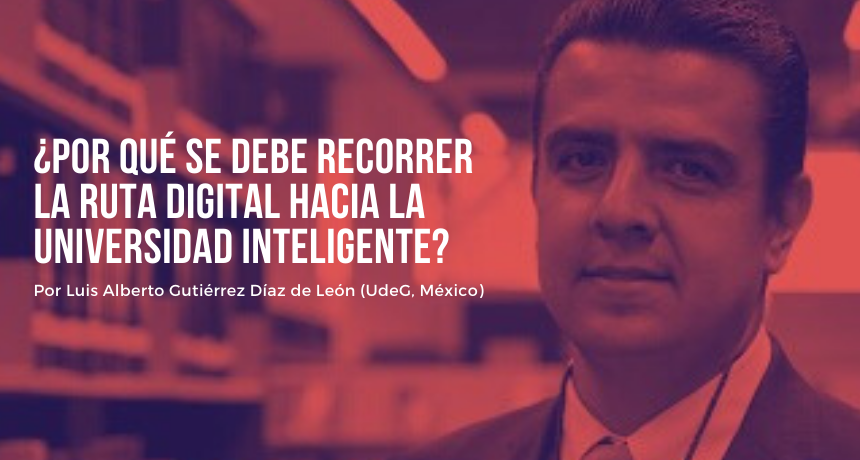We live in a society that drives and witnesses a vast amount of changes that, to a large extent, are stimulated and facilitated by information and communication technologies (ICTs). These technologies, since their origins, have generated many expectations, given that their impact on the digital transformation of our society was decisive; just remember the industrial revolutions, a historic milestone in technological development, especially the third one, which saw the emergence of the computer as a synonym for processes automation.
In recent years, we have witnessed the arrival of new technologies and the convergence between them: artificial intelligence, Big Data and data science, which allow us to take advantage of the large volume of information, with unimaginable response speed; the Internet of Things, which shows useful ways to interact with objects; the excellent calculation resources we get from supercomputing, as well as the advanced networks that, when combined, open up new possibilities, new universes. All these innovations were converted into technology that allows the much talked about, fourth industrial revolution.
Without a doubt, we are changing. The one who is writing these words did not imagine seeing the tranquillity with which babies travel by plane when interacting with a mobile device or even the anger of adults when Internet access is disabled; or the joy of students who, with their phones and apps, lighten their backpacks. However, greater changes come, and with them, increased responsibilities, and attention.
The combination that is now used is the one that promises a better and faster arrival to the future: the “digital transformation”, a goal to be integrated into national agendas, of course, with the aim of transforming most companies. The objective is not only to incorporate technologies, but to generate a profound change in organizations through them, focusing on the needs of users and/or customers in a more effective and efficient way.
Universities, institutions that are essential to the development and progress of humanity, were not unaware of these changes and are searching ways to benefit from technologies. However, the call is for a transformation, not just a follow-up to these developments. In this sense, universities are trying to incorporate some aspects in their agendas in favour of the relevance not only of their educational offer, but also of adapting to the new needs of their university community, which is pressing to make the transition to the digital world, where it operates successfully for several years.
Even with these efforts, the transformation or digitalization has not yet taken place. Some universities have made more progress than others; everything depends on the vision and priorities of each of their agendas. The world is facing one of the most impacting health emergencies in history and the need to contain the spread of the Coronavirus, avoiding the complete interruption of the routine activities of our societies, has generated profound changes in our dynamics, with times of dispersion and adoption of changes much smaller than in previous revolutions.
Today, we observe a world in which grandparents, who recently were totally unaware of technology, communicate with their children and grandchildren through video calls; churches are broadcasting services online; the companies finally took on “home office” as a way of working; and, above all, we are witnessing, in the educational institutions, one of the biggest challenges ever faced: taking our classes to the virtual environment in a qualified way. Although we can see significant reaction efforts, there are still many pending tasks to be redefined in the short term. Even so, the transformation activity has already started.
We are experiencing an acceleration towards the goals pursued by the digital transformation agendas, which the experts predicted with the fourth industrial revolution, caused by a pandemic that expelled us from our “cruise flight”. However, we are not going down without conditions. ICTs, with its transformative nature, together with an adequate view of universities, will contribute to the elaboration of a plan, not to land, but to fly even higher. We need a strategically established digital route to model a new university, an intelligent university.
Luis Alberto Gutiérrez Díaz De León, President of CUDI, and research professor at the University of Guadalajara, Mexico.







